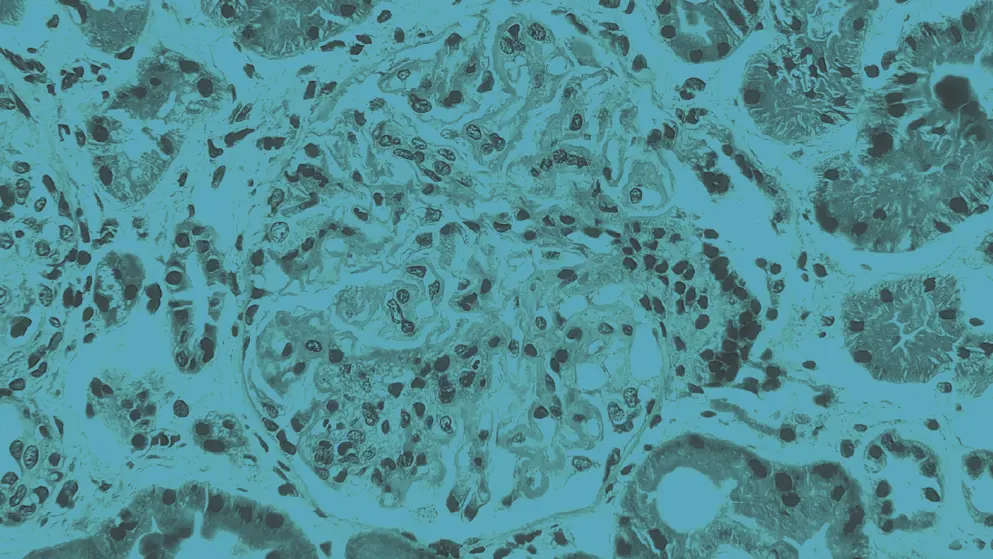
Cystinosis
Cystinosis is a rare autosomal recessive disorder caused by mutations in the CTNS gene, which impair lysosomal cystine transport. The condition presents in three forms – infantile nephropathic, juvenile nephropathic, and ocular non-nephropathic – each varying in severity and age of onset. Intracellular cystine accumulation leads to crystal formation that progressively damages multiple organ systems, particularly the renal, ocular, endocrine, and muscular systems.
What is the prevalence of cystinosis?
In the UK, cystinosis affects approximately 1 in 200,000 individuals. Clinicians diagnose two to three new cases each year, typically early in childhood.
What symptoms are commonly associated with cystinosis?
Infants typically show signs before 18 months, including feeding difficulties, excessive thirst, growth delays, muscle weakness, rickets, and recurrent dehydration or fever. Over time, cystine accumulation may lead to complications such as diabetes mellitus, hypothyroidism, progressive muscle weakness, and reduced bone density.
How is cystinosis diagnosed?
Diagnosis typically involves blood and urine tests, genetic testing, and ophthalmic examination. If both parents are confirmed carriers of the CTNS gene, prenatal testing – such as amniocentesis – may be offered to assess fetal risk.
What treatment options are available for cystinosis?
Cystine-depleting therapy is the cornerstone of treatment, aiming to lower lysosomal cystine levels and slow disease progression. Cysteamine eye drops are often prescribed to reduce corneal cystine crystal accumulation and should be initiated promptly to preserve vision and organ function. Supportive care includes vitamin supplementation, hydration management, and growth hormone therapy. In advanced cases, kidney and/or thyroid transplantation may be necessary to extend life expectancy.
Developed by EPG Health for Medthority, independently of any sponsor.
of interest
are looking at
saved
next event

